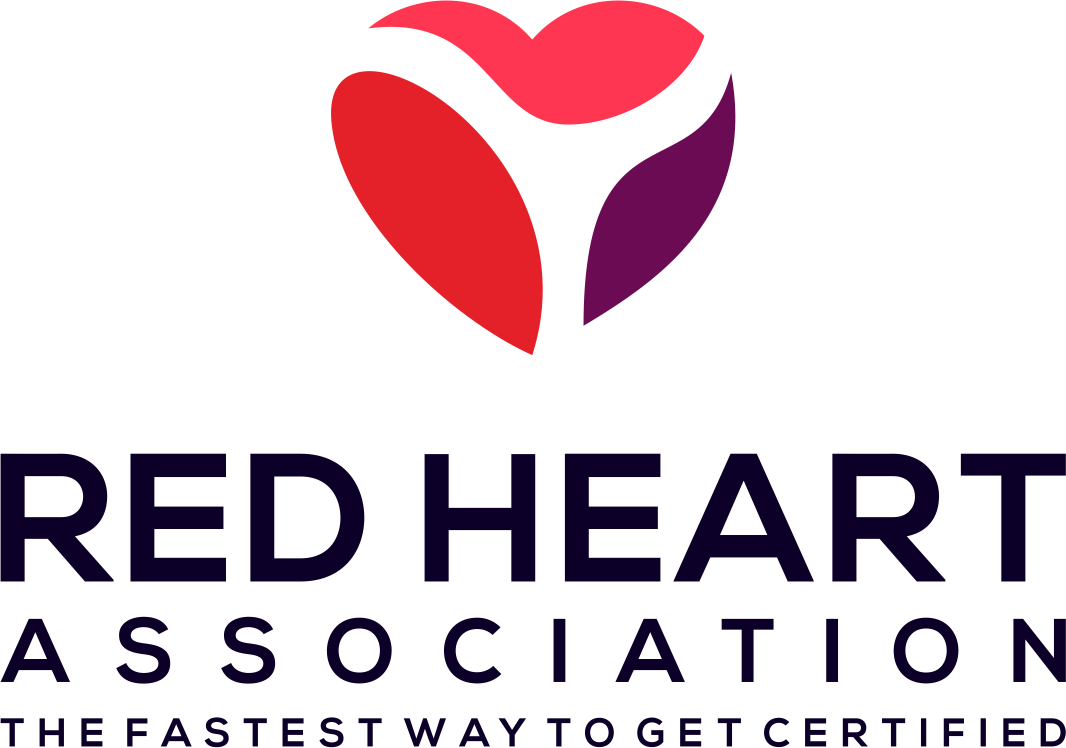How to provide CPR to children
Confirm the scene is safe and shout to ask the child if they’re okay.
If they do not respond then tap their shoulder and shout again, this time checking for breathing and a carotid pulse simultaneously taking 5-10 seconds.
Before we begin CPR, request consent to continue from their parent or guardian. If someone is nearby ask for help, have them activate the EMS, and retrieve the AED. If you are by yourself then use your cell phone to call 911.
If no response is received then place the child face-up on a flat, firm surface. Kneel beside them.
-Remove any clothing that is covering the chest.
-Position your lower palm over the lower half of the patient’s sternum.
-Place the other hand over the first. Add stability by either interlacing fingers for both hands or firmly holding the wrist of the first hand.
-Position your body so your arms are perpendicular to the ground. Lock your elbows to ensure proper position.
-Perform 30 chest compressions with the following in mind:
-Compressions should be at least 2 inches or 5 cm in depth.
-Compressions should be at a rate of 100-120 per minute.
-After compression allow the chest to fully recoil.
-Do not lean on the patient as their chest recoils.
-If possible, place a breathing barrier over the nose and mouth.
-Place one hand on the forehead and the other hand’s fingers on the chin to tilt the head back and open the airway.
-Pinch the nose shut.
-Use your mouth to make a seal over the child’s mouth.
-Take a breath and blow into the child’s mouth for 1 second.
-While blowing, check to ensure the child’s chest is rising.
-Inhale again and make a seal to deliver another breath.
-If the chest does not rise then something may be blocking the airway.
-Before providing breaths, check the airway for any objects.
-If you see the object, attempt to remove the object using a finger sweep.
-Continue checking for objects in the airway after each set of chest compressions.
-The child is responsive.
-An AED arrives and no one else is available to help.
-CPR has been performed for 2 minutes and another rescuer is available to take your place.
-CPR has been performed for 2 minutes, no one is nearby to help, and 9-1-1 needs to be called.
-Emergency Medical Services arrive and take over.
-Exhaustion is reached.
-The scene becomes unsafe.

